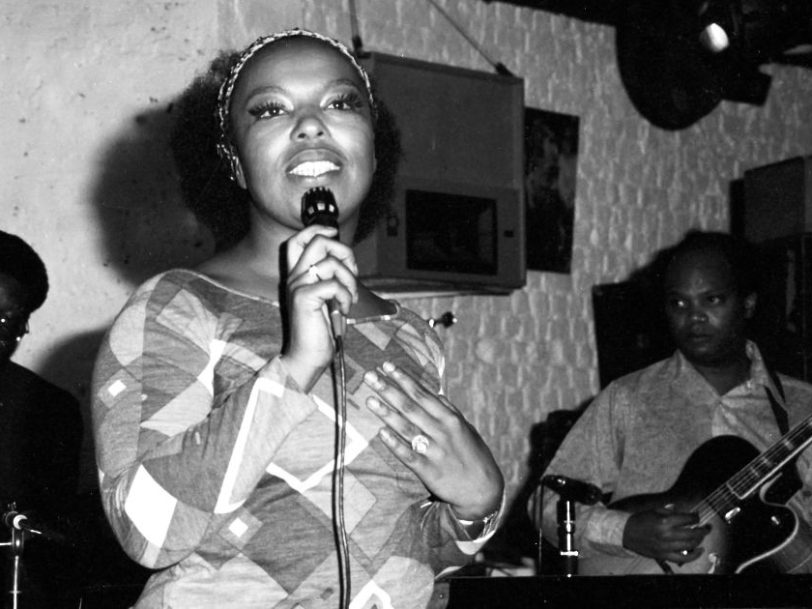A towering figure of 70s Black music, Roberta Flack is one of the most uncategorisable artists of her time. She moves effortlessly between disparate genres, including folk, funk, mainstream balladry and protest song. And, as the best Roberta Flack songs make clear, she rejects all labels, particularly the one most frequently applied to her: soul. “I’ve never thought of music as ‘soul’, rather ‘soul-ful’,” Flack said in 2015. “Music is a big wide area. It covers elements of soul in a very unique way.”
Though she is undoubtedly one of the best soul singers of all time, part of the reason for Flack’s flexibility is her incredible musical knowledge and technical skill. Before her fame, she taught music in Washington, DC, and she understands the breadth of musical expression that’s available to her. “I think that anyone who’s in music and has taken the time to get into theory, sight singing and harmony is not nearly as limited as someone who hasn’t. It definitely enhances creativity,” Flack reflected in 1978. “I look at it the way a fighter looks at training. You’ve got to stay in shape, even if you’re the greatest, right?”
In November 2022, Flack announced her retirement from singing, revealing that she had been diagnosed with amyotrophic lateral sclerosis, a progressive neurodegenerative disease. It was the latest development in a career that has brought Flack knocks and disappointments, alongside her undoubted triumphs. “It’s a hard business,” she has said. “But man or woman, you face difficulties in life. The song is the telling factor – if it catches you deeply, you hang on to that feeling.” This list of the best Roberta Flack songs is full of those deep, emotional moments that have secured Flack’s status as one of the most influential female musicians in history.
Listen to the best of Roberta Flack here, and check out our best Roberta Flack songs, below.
10: Tonight I Celebrate My Love (with Peabo Bryson) (from ‘Born To Love’, 1983)
Reputedly Flack’s own favourite song from her 80s output, Tonight I Celebrate My Love is a graceful, classy ballad with duet partner Peabo Bryson. Flack seems to thrive when building long-term creative partnerships with fellow artists, and she had previously collaborated with Bryson on 1980’s Live & More double album. As for this track, songwriters Michael Masser and Gerry Goffin originally wanted either Diana Ross or Barbra Streisand for the female vocal. Instead, Flack said, “I think I can sing that,” and a romantic classic was born.




